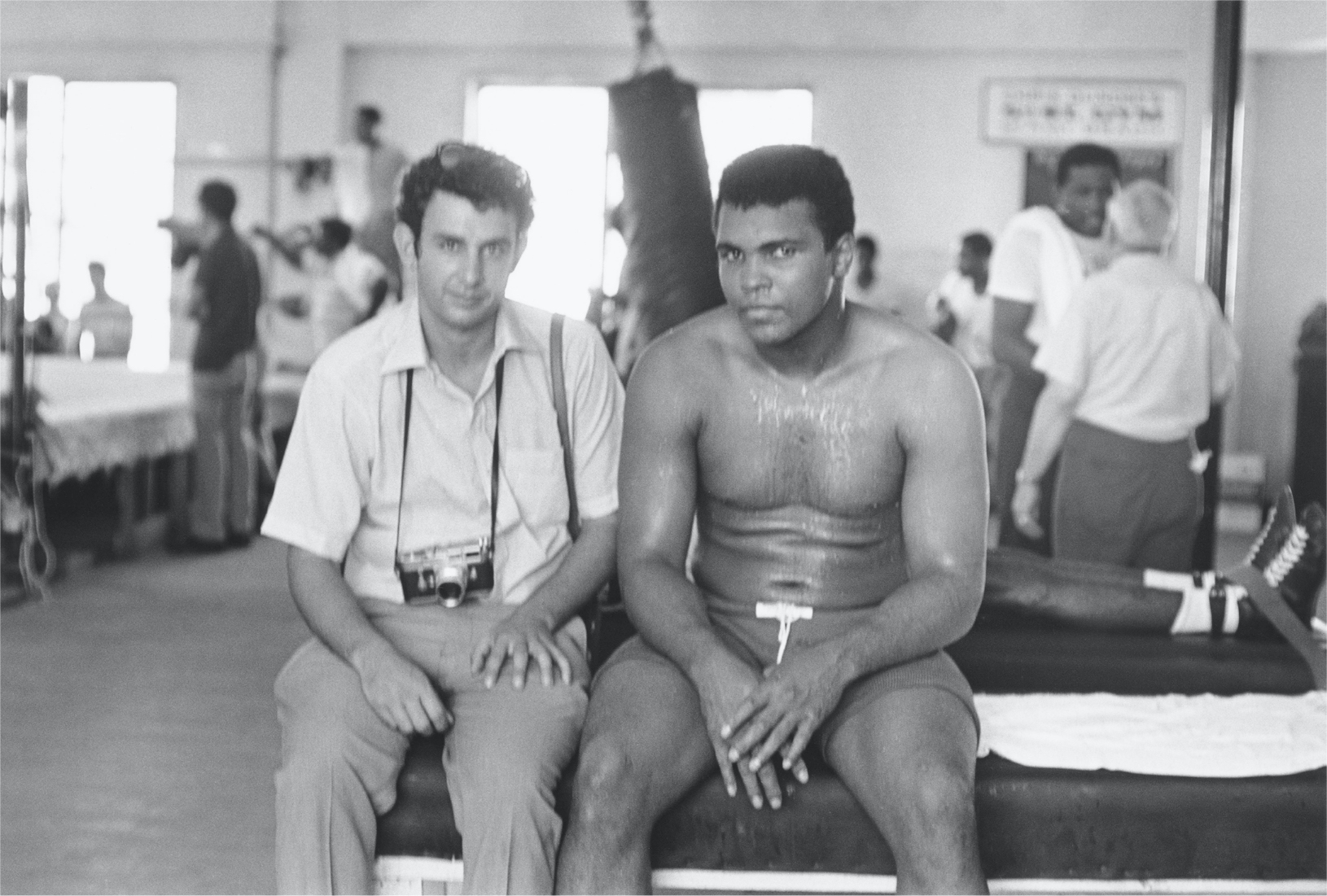Danny Lyon’s new autobiography, This Is My Life I’m Talking About, takes us on a long voyage from East to West and back again without smoothing over any of the potholes in the road. As the son of European Jewish immigrants (his mother from Russia, his father from Germany), Lyon’s story begins before he was born, with the pogroms that his relatives only narrowly survived. Photography thus became a way for him to process painful realities and to speak out against them. Describing an early experience photographing the Dachau concentration camp 12 years after its liberation, he writes, “I was looking through a lens and a prism at a horror, and I was making something.” Throughout Lyon’s warts-and-all retelling of his life — which includes the bloody early days of the American Civil Rights Movement, his time on the road with a biker gang, and his project of photographing Texas prisons from the inside — he provides insight into his development and methods as an artist.
Through the artist’s eyes, these pivotal scenes in American history don’t blur into myth or nostalgia. Perhaps this is due partly to how the story is told. Lyon presents his heroes and closest friends, like the civil rights icon John Lewis and the photographer Robert Frank, without hagiography. The narrative has a spoken-word quality, as if your cool Jewish grandpa were recounting his wild past. Lyon’s train of thought veers in unexpected directions, with non sequiturs and figures who are introduced in one sentence only to meet a grisly death in the next. The book also contains surprising revelations, like the fact that his father was the eye doctor of the famed American photographer Alfred Stieglitz, or that Lyon attended protests at the University of Chicago alongside Bernie Sanders. (Lyon felt that they were “just playing” in Chicago and that “the real action was in the South.”)
Broader historical meanings emerge through the details of Lyon’s life, such as the Jewish role in the fight for racial equality in the United States, the rise of the carceral state post-Jim Crow, and the rapid gentrification of lower Manhattan. As the first staff photographer for the Student Nonviolent Coordinating Committee (SNCC), a central organization in the Civil Rights Movement led by Black college students, Lyon faced arrest and death threats from police officers as he documented the brutality of racism in the South. Later, he infiltrated a Texas prison and captured its forced labor practices, photographing inmates picking cotton in the fields. While these events constitute an impressive life story, Lyon does not shy from self-critique. He reckons with letters from the 1960s that he sent to a biker friend in prison in which he seems “more interested in photography than I am in the movement,” resisting the simplicity of a heroic narrative.
Lyon was an important figure in the rise of New Journalism, which combined the immersive methods of investigative reporting with the author’s distinct perspective and voice. His autobiography shows this in action. Rather than aspiring to detached objectivity, Danny Lyon truly lived what he shot, wielding the camera as both a shield and a weapon.

From This Is My Life I’m Talking About by Danny Lyon, Damiani Books, 2024 (© Photograph Danny Lyon)





This Is My Life I’m Talking About by Danny Lyon (2024) is published by Damiani Books and is available online and in bookstores.

